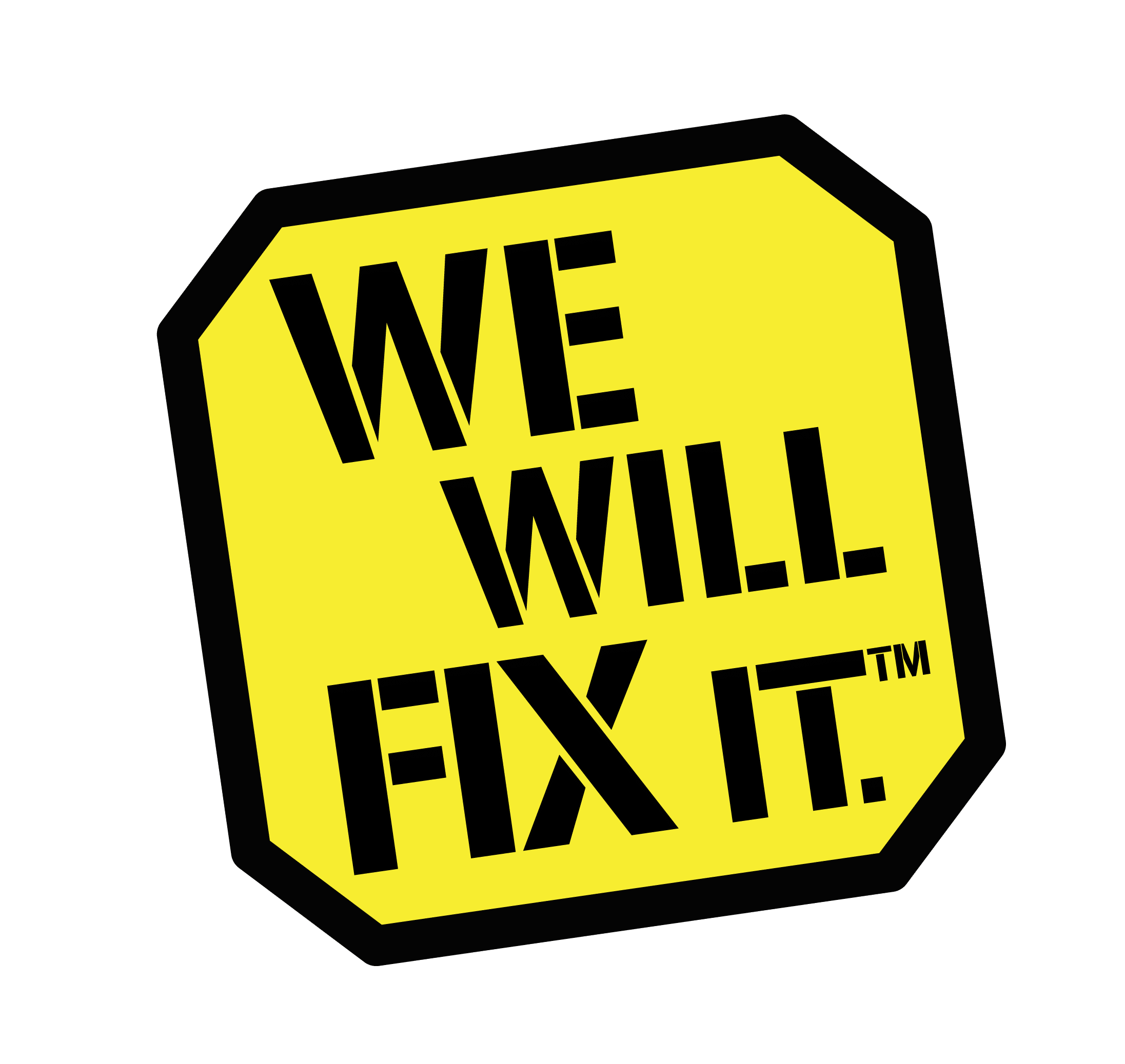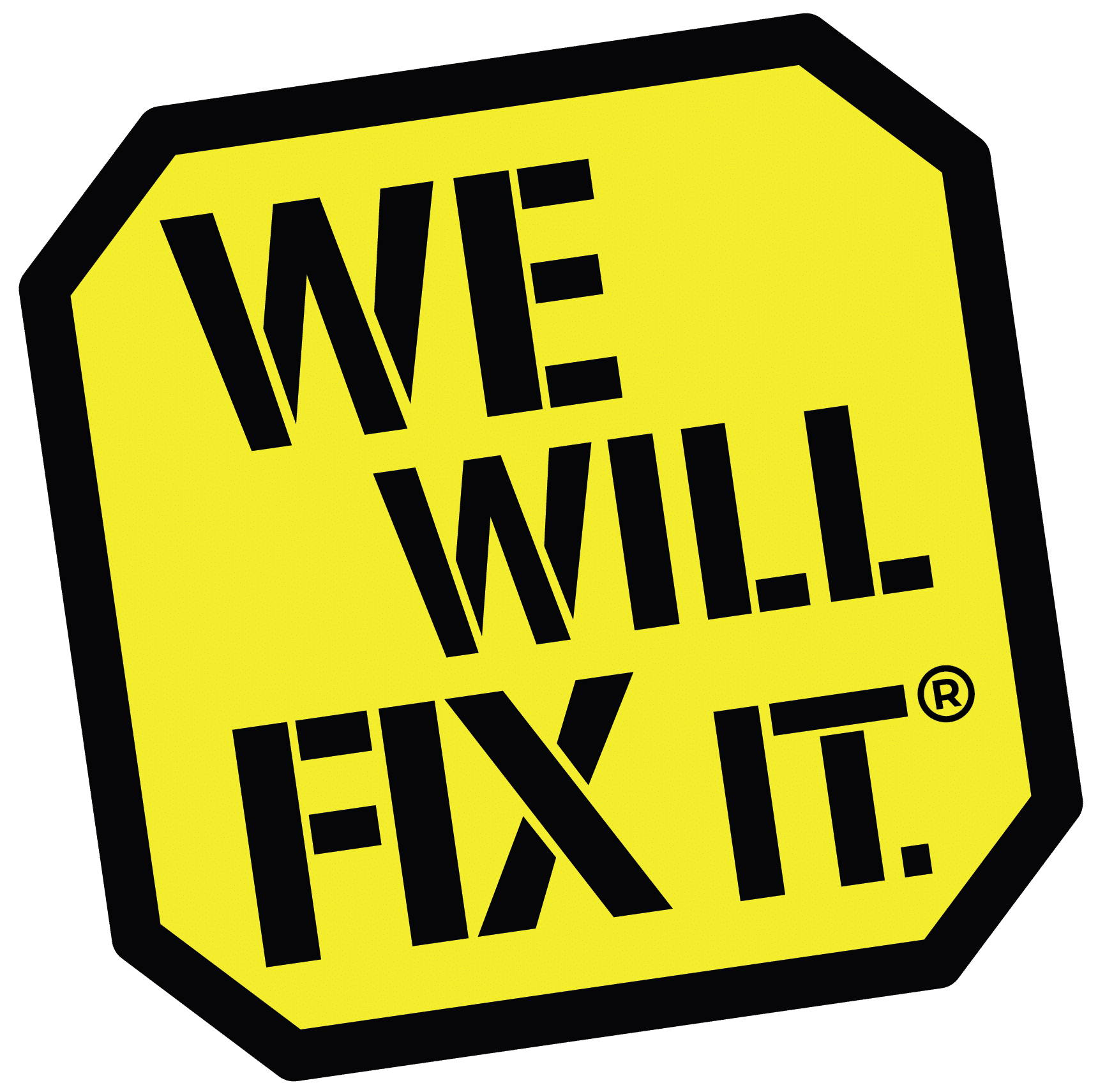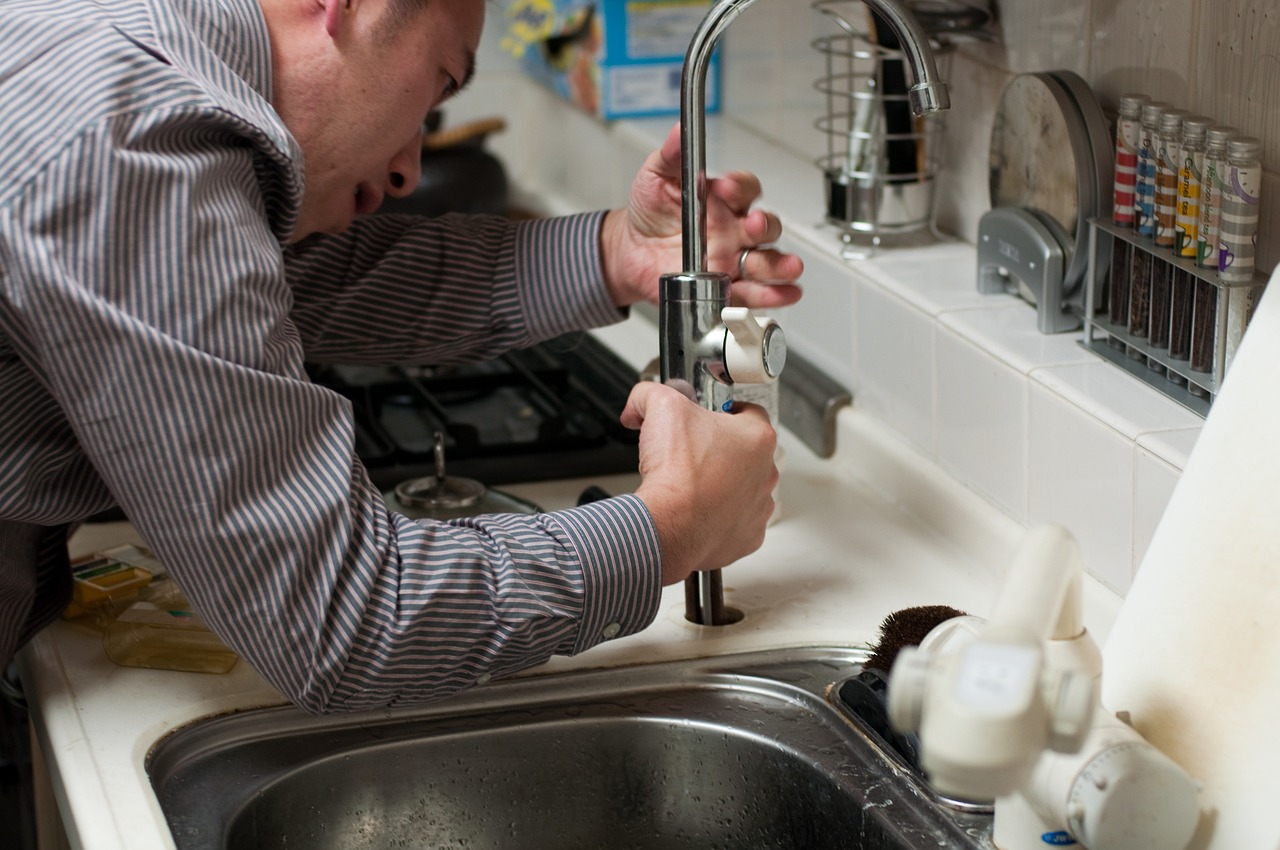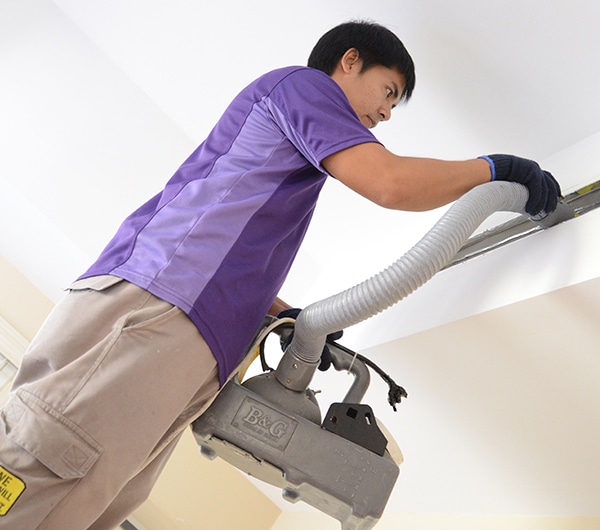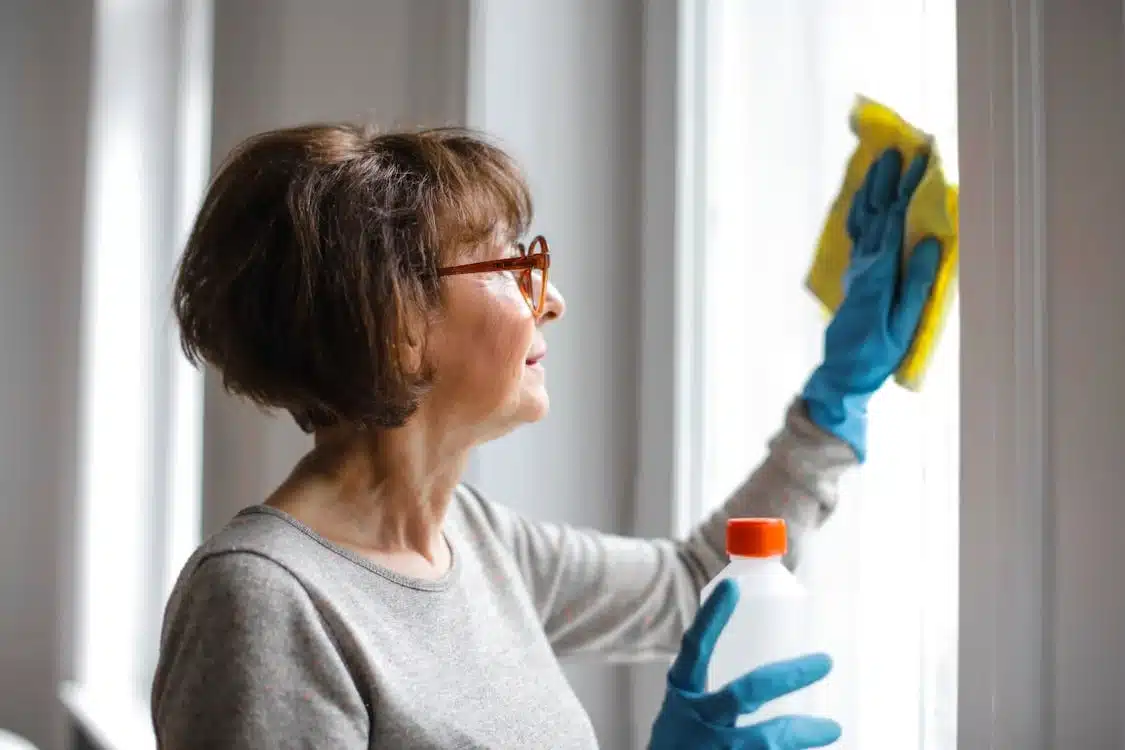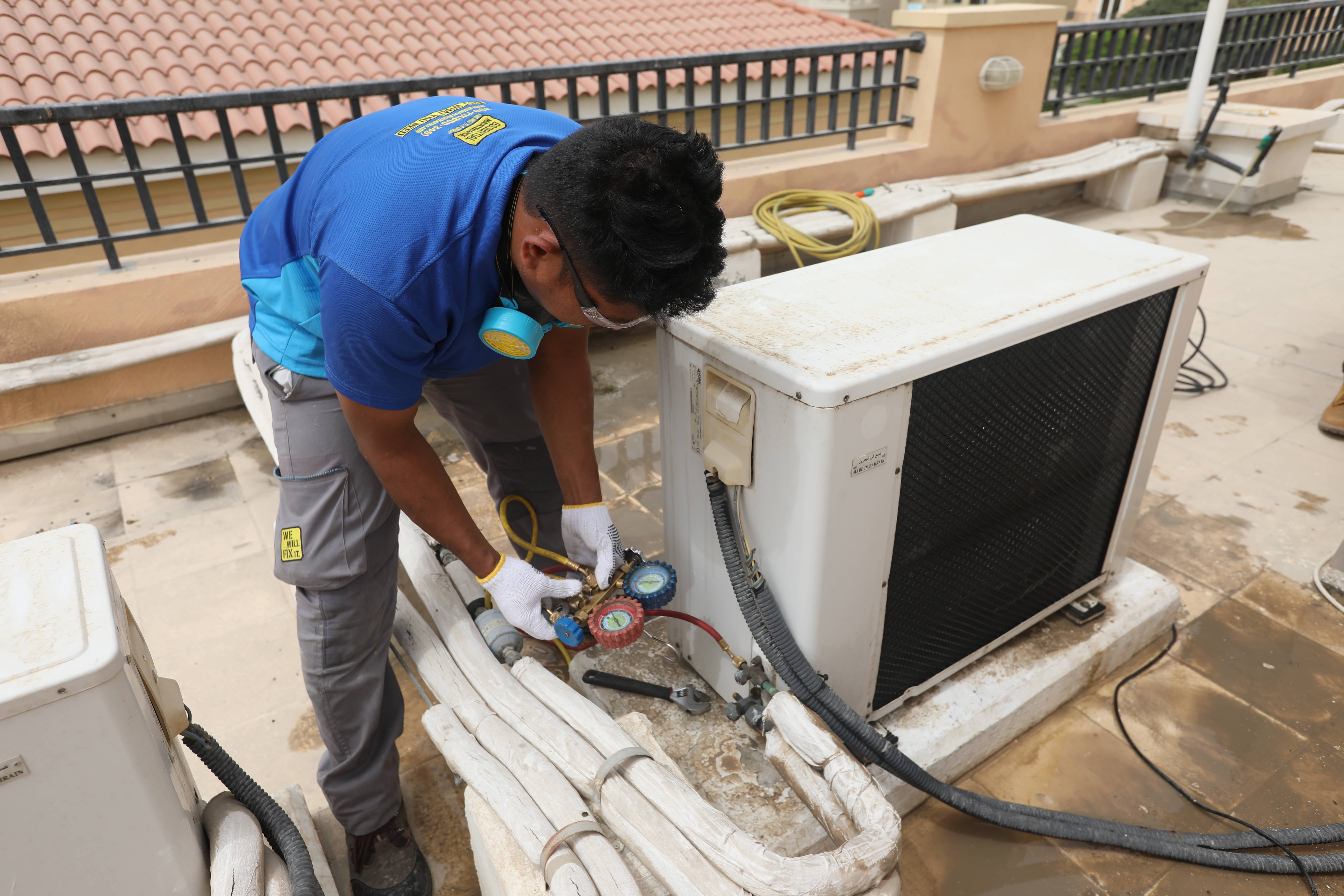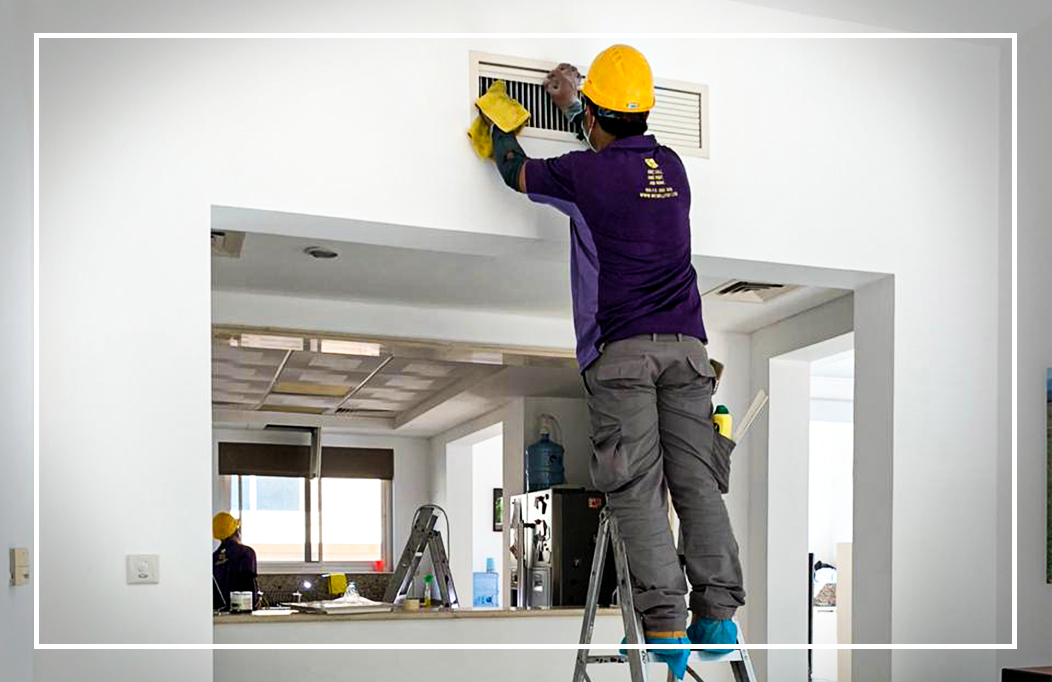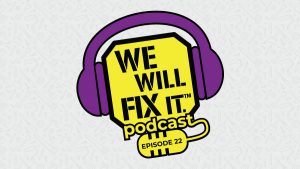A leaking pipe is an issue that all homeowners must know to watch out for. Water leaks can quickly cause serious damage to the floors, walls, cabinetry and furniture in a house. They could also promote the growth of mold or affect water quality and pose health risks for all members of the household. In more severe cases, pipe leaks could even compromise the structural integrity of the home.
Water leakage can occur in your bathroom or kitchen (where you can easily find it) or deep underground in the plumbing system (where it can go unnoticed for long periods of time). There are a variety of possible causes for leaks, which is why you must turn to professional providers of plumbing services in Dubai to thoroughly inspect your pipework and perform the necessary repairs.
Let’s look at the most frequent causes of water leakage and the early signs to look for that indicate it’s time to call in the expertise of a seasoned plumber.
The 11 Most Common Causes of Pipe Leaks (and the Signs to Look For)
1. Pipe Corrosion
Any material that has been in use for long periods of time will inevitably show signs of damage at a certain point. Pipes made of brass, copper, cast iron or galvanized steel are prone to corrosion, which occurs when the acids, minerals or oxygen in water reacts with metal.
Corrosion weakens the pipes and eventually leads to leaks. Other signs of corrosion include:
- Poor water pressure
- Water with a metallic smell or taste
- Sounds in the pipes such as clanking or gurgling
- The color green in copper pipes or red in steel pipes
- Discolored water
If you are aware that your home has an older plumbing system, or you begin to notice signs of water leakage, get in touch immediately with trusted plumbers to check for corrosion or update the system with corrosion-resistant pipe models.
2. Clogged Drains and Pipes
A clog or blockage in your pipes can quickly lead to cracking, bursting or overflowing pipes if left unchecked. Pressure builds up behind the clogged point and could cause structural damage to the pipes in your property.
You can help prevent clogging in your pipes by regularly monitoring the liquids that flow down your drains and installing hair traps to catch any solid materials that could build up inside your pipes over time. It also helps to keep your AC systems and gutters free of debris.
If clogging already exists, refrain from using harsh commercial drain cleaners – these contain abrasive acids that can weaken or strip your pipes. Call experienced plumbers who are trained to remove blockages with the proper equipment.
3. Broken or Degraded Seals
Pipes are connected to fixtures with the help of industrial rubber seals, which ensure that the connections are watertight. However, constant exposure to water causes the sealant material to crack and crumble over time, and to cause leaks.
A plumbing professional can inspect your pipe system to determine the condition of the seals and replace them if necessary to fix pipe leaks coming from the connection between the pipes and fixtures.
4. High Water Pressure
Who doesn’t love having high water pressure at home? This is what you need to get satisfying showers. Water pressure is the force by which fluid pushes through pipes. However, excessive pressure can cause pipes to shake or strain, and eventually break and leak.
Some signs that your home’s water pressure is too high include loud shuddering noises from the pipes, worn out or leaking appliances, limited hot water supply, and higher water bills.
Your plumber can test and adjust the water pressure in your home. The normal water pressure in Dubai is around 2.5-3 bar.
5. Extreme Changes in Temperature
A sudden change in temperature can be damaging to pipes. Normally, there would be enough time to allow pipe materials to adjust to any temperature changes. However, if water passing through pipes freezes all of a sudden, the pipes could crack. Similarly, switching to the hottest water setting on a frozen pipe could also cause bursting and breaking in pipes.
Pay attention to any water flow disruptions after there has been a heat wave or cold front. Call a plumbing expert to inspect and repair your full pipe system.
6. Incorrect Pipe Laying or Plumbing System Installation
If your home was just newly built or renovated and there are signs of pipe leakage, it is possible that the pipes and connectors were not correctly laid. Water must flow against gravity, and this occurs if there is proper pipe laying and proper use of backflow devices.
If you suspect incorrect pipe laying, and to prevent further damage to your home’s plumbing system, contact your trusted plumber for a thorough and full assessment and repair. You could have this done during the annual maintenance services lined up for your home, or even in advance, to ensure prompt corrective action.
7. Worn-out or Damaged Pipe Joints
Pipe joints are the separate curved adapters or fittings that connect one straight section of pipe tubing to another to redirect water throughout a home. These joints are some of the most vulnerable parts of pipe systems because they have a small surface area and are very susceptible to corrosion and overall wear and tear. They are also easily damaged by extreme water pressure and water temperatures. What’s more, they are not easily visible to non-plumbing experts, so any damage to these parts could easily go unnoticed.
Your trusted local plumbers are the right people to remove or replace pipe joints if you have observed water leaks as well as banging, clanging or creaking noises in your pipes whenever you turn on the water.
8. Broken or Loose Water Connectors
Your pipe system is joined to your home appliances, such as dishwashers and washing machines, through hoses called water connectors. The appliances typically move, shift and shake during spin cycles, and in these moments the connectors can come loose.
You may see pipe leaks coming directly from the supply line, or puddles forming around the appliances. A plumbing professional can inspect, repair or upgrade the water connectors when necessary.
9. Tree Roots
Sometimes, pipe leaks could be caused by tree roots outside of the house. Your pipe system’s waterline could be releasing water vapor into the soil outside; a tree in this location could detect the water source and send its roots burrowing toward the pipes. This could cause pipe breakage.
If you observe sinkholes or wet patches of ground in your garden, or a sudden drop in water pressure when there are trees growing close to your villa, have a plumber check your property for intruding roots.
10. Fixture Cracks
If there is a noticeable water leak around any of the sinks or basins in your home, this could mean that the pipes connecting to your tap are cracked. See if the pipes and fixtures hidden under the sink have been damaged by impact, such as when someone stores items in the cupboard, and call a plumber immediately to do repairs.
11. Foundational or Underground Movements
Events such as storms, tremors or flooding could cause your underground pipes to shift, crack, bend, twist or even separate from each other, and these can lead to water leakage.
Contact your plumber right away if you notice slow draining or other water supply problems after these occurrences; they can perform a complete assessment of your pipework to pinpoint the damage and perform the correct repairs.
The Best People for the Job
Water leaks can wreak havoc on your plumbing system as well as the structural integrity of your whole house, so make sure to hire professional plumbers with years of experience and expertise in performing quality work. Get in touch with us today for more information on our plumbing services and to check out our home maintenance packages.

